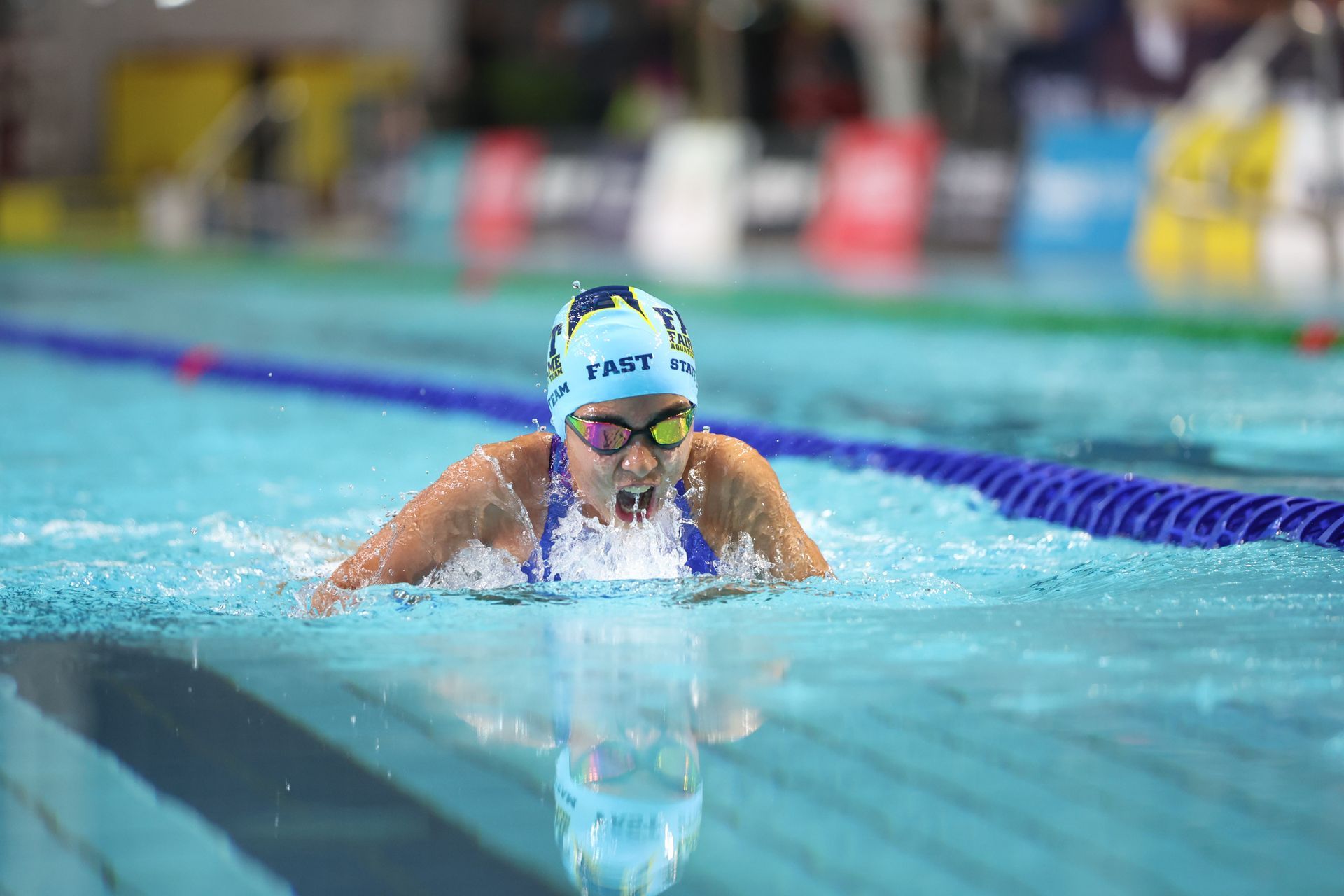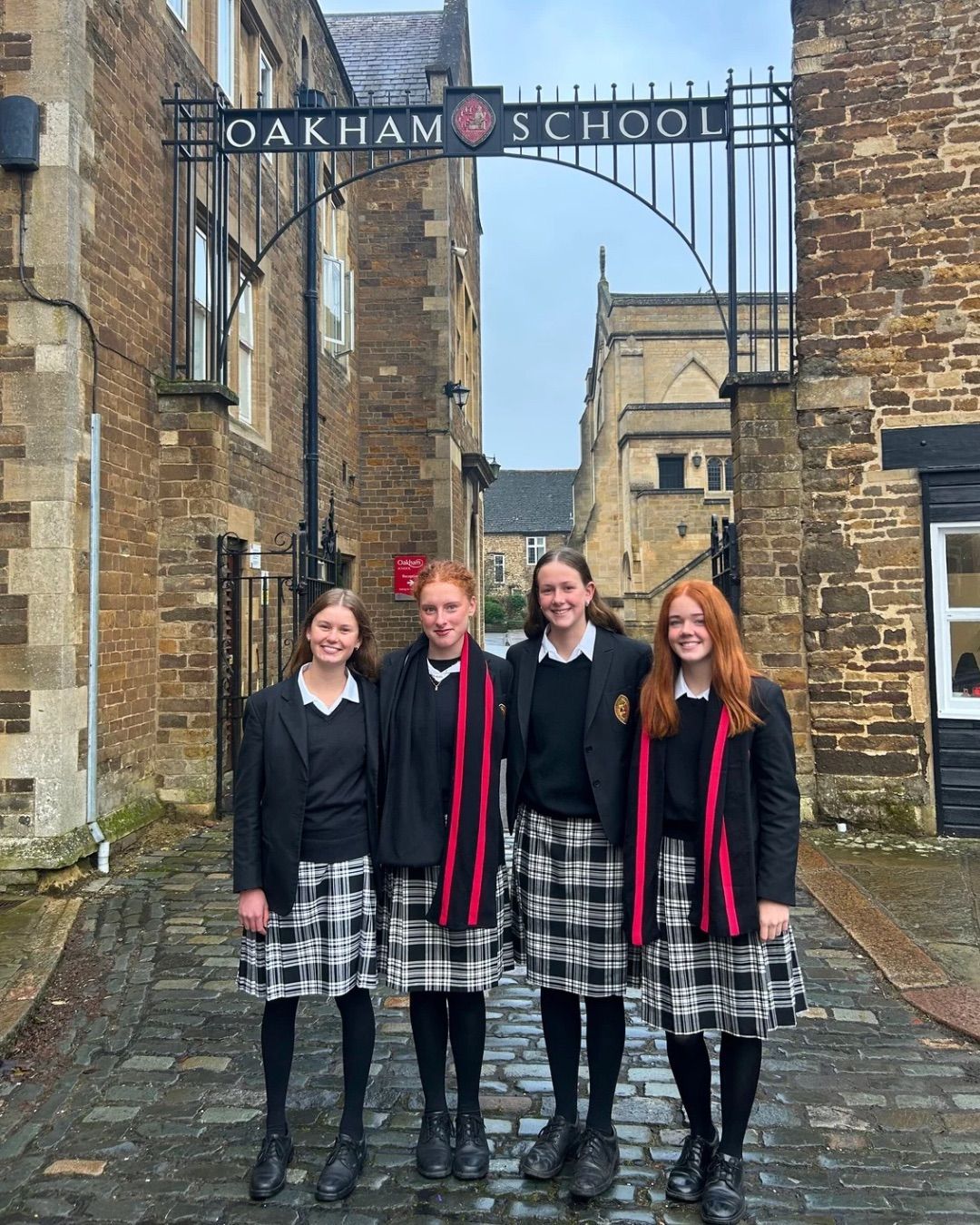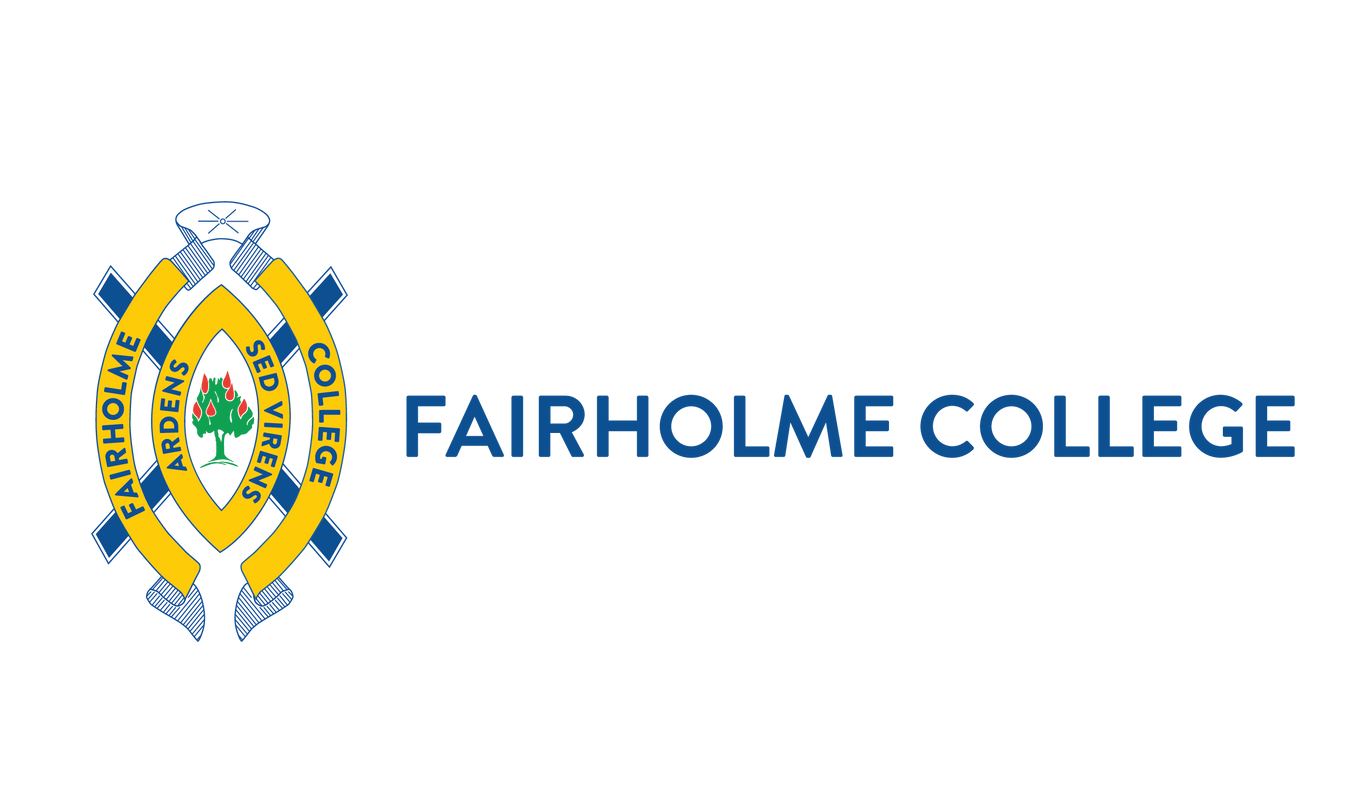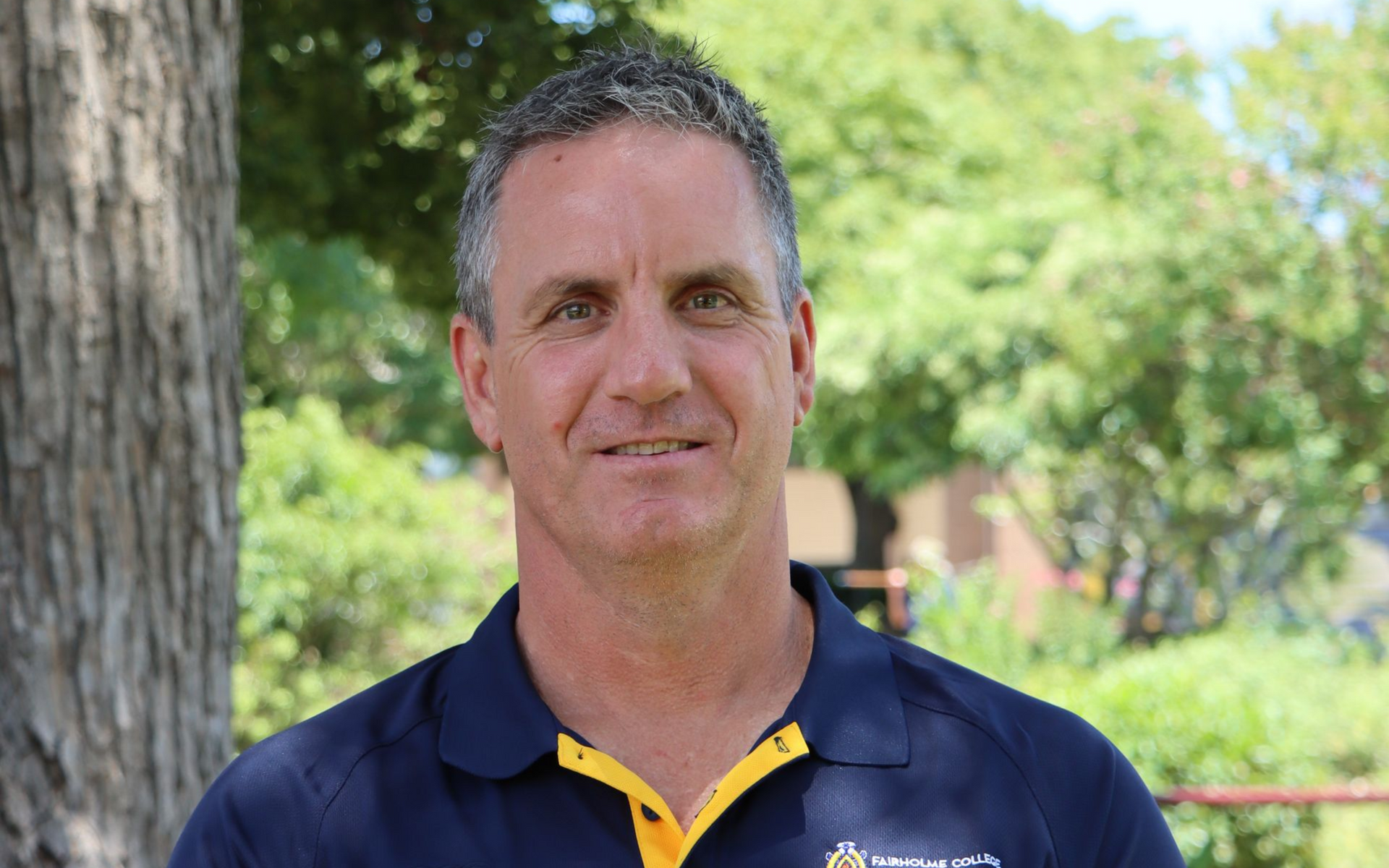With Respect…
New York Times journalist, Annie Gottlieb, defines respect as ‘the appreciation of the separateness of the other person, of the ways in which he or she is unique.’
Respect and respectful relationships are fundamental to our wellbeing, founded upon our thoughtful appreciation of one another, and our connections with one another. We learn them in community be that at home, school, or in other forums – but we learn about respect through and with others. [Our] ‘young people learn by watching. They look for cues as to how to behave in situations where they have little experience. They listen to the words and they watch the finger pointing’ (Scott, 2021). They watch adults and peers to gain cues about what acceptable behaviour is and what respectful relationships look like. When role models are scarce or even when they are plentiful, we cannot forget that social media too, has its own pervasive messages.
Right now, a media flood is calling us to account, and demanding that we all reflect very keenly on the way in which relationships are conducted respectfully – or not – our relationships at school, in workplaces and at home. If you haven’t read the speech delivered by Asher Learmonth – Head Prefect at Cranbrook Grammar (*see reference list) – then do – it may give insight into an endemic view of females; although I would argue that this is not just the province of single sex schools but more generally evident in society. Look to the highest echelons of the nation’s capital, where we are being asked questions that aren’t easily answered. But answer, we must. We are being called to answer what responsibility we have as individuals, and as a collective, in permitting women to be objectified too often, in too many circumstances. Further, we are being asked to consider what consent is, and what it isn’t.
Consent education typically focuses on legality – at what age and under what circumstances sexual activity is legal or illegal. But, exploring other consent issues must be a focus for us all. We are told that consent needs to be taught from kindergarten, or younger, and that it doesn’t just equate with sexual consent. Consent occurs whenever a person gives permission for something to happen, when they clearly say yes, voluntarily, and without being pressured. In any context where choice matters, ‘consent isn’t about doing whatever we want until we hear the word no (Hendriks, 2021)’. Allowing our very youngest to develop skills of consent can be as simple as: ‘Do you want to give a hug, or do you want to wave goodbye?’ (Carr, 2021). ‘Do you want to talk about that now, or would you rather reflect some more?’ When we ask our children questions and value their responses, and when we provide them with choice, then we are developing their agency in decision-making, even in the seemingly mundane. The earlier children develop a sense of autonomy and respect for self and others, then the better placed they are to assert themselves, in the most difficult, but also in the most important of circumstances. Consent can be as simple and as difficult as a text message, saying, ‘That’s not OK.’ What a powerful, courageous, and important message that can be!
In response to the issues burning bright under the Canberra political spotlight, schools, unsurprisingly, are being told to educate more on the topics of consent, domestic and family violence, safety, sexual harassment, respectful relationships, social media use - the list of topics is endless. We do explore these topics, and often – in Thrive sessions, Year Level Meetings, Christian Studies lessons, Holmegroups, classrooms – with experts, with practitioners who work in Health, Police and legal fields, and we also do so as educators. We offer parent sessions annually on a diversity of topics – with one set for 30 March.
School principal and writer, Michael Parker has penned an excellent response to this current call for schools to do ‘more’. His recent Sydney Morning Herald article of February 28 entitled ‘Talk to your child about sexual consent – because schools can’t manage this alone’ underlines the importance of honest and often very tough conversations occurring at home, as well as at school. Parker writes, ‘Can’t schools handle this? Why home, too? First, because the people who love your child the most live there. Second, your sons or daughters can open up one-on-one in a way they probably won’t in a classroom, surrounded by their peers. Third, when the adult/child ratio is one-to-one, not hundreds-to-one, your child will get to do at least half of the talking. Fourth, you can tailor the conversation to your child’s age, experience and cultural background better than any teacher or outside lecturer.’ No, schools can’t develop assertive young women and men, alone. Talk to your daughters and your sons, about consent – in all its permeations.
At significant historical moments such as these, when the most debasing acts against women are being written about, spoken of, denied vociferously and debated with heat, I am often drawn back in time to the Stanford University Rape Case. In January of 2015, perpetrator, Brock Turner and his victim, Chanel Miller had the course of their lives irrevocably shaped and damaged through events that transpired following a ‘Frat’ party. ‘Just twenty minutes of action,’ was the way in which Brock Turner’s father offensively described his son’s sexual assault of an unconscious woman. Chanel Miller’s impact statement is a singularly powerful and compelling piece of writing – it is worth your attention. At the time, Chicago Tribune journalist, Rex Huppke, wrote that he was saving Chanel’s impact statement to share with his sons when they were old enough to understand what rape is, so that he could emphasise that it is ‘only cowards [who] blame rape on alcohol or promiscuity.’ I trust that he will also remind his sons, when they are of age, that alcohol does not strip women naked, it does not drag them across bitumen roads, nor does it commit the crime of rape. People do that. People make those choices. People perpetuate the myth also, that a drunken woman [or man] deserves whatever she [or he] gets. The Stanford Rape case exposed our deep-seated beliefs about males and females and about alcohol consumption. It asked us to play the role of judge and jury in relation to an appropriate consequence for rape. This case also revealed the parental need to protect children, from all harm, and, at times, from accountability for actions. It also reminded that one poor choice, can alter the course of life and there is no platitude, court action, school dealt punishment or rewrite of the moment that can change reality. Consequences can be life-long.
It is natural to climb to moral high ground and rail against predatory males; girls who wear ‘the wrong’ clothes and drink too much, and parents who enable that opportunity – perhaps we can do that with absolute confidence in the moral infallibility of our children, perhaps not. However, now is not the time. We are being called to pause and reflect upon our responsibilities to continue to converse with our daughters and our sons. To make change. We need to remember that it does take a strong village to raise a [strong] child. We can use the tragic Brittany Higgins story as a teachable moment. Consent is not just about sexual activity – it is required in diverse contexts, for children of any age, and it is our collective responsibility to support our youngest, most vulnerable people, to be able to say no, able to say that’s not OK and able to speak up, assertively. We sell them short if we don’t.
As we know, adolescents, by nature, seek to define themselves separately from their parents, align with their peer group over adults, and take risks. In doing so, they will make mistakes and poor choices, and as parents we can choose those times as lessons for learning, or we can cover them up, apportion blame elsewhere and minimise the effect of those choices. We can look at other’s mistakes too critically. Conversely, we can continue to work hard on our conversations, even if they are difficult, confronting, or awkward. Prioritising the building of respectful relationships and teaching consent – even to our youngest is something we need to do together.
We can, in Gottlieb’s words, appreciate the separateness of other people and value the ways in which they are unique. We can teach and learn the essence of consent in a diversity of contexts. We can do all this, with respect.
Dr Linda Evans | Principal
References
Carr, G. (2021). ‘What curriculum says about consent isn’t necessarily what’s taught in classrooms.’ The Sydney Morning Herald. February 28, 2021.
Hendriks, J. (2021). ‘Consent isn’t as simple as ‘no means no’. Here’s what you need to know.’ The Conversation. February 24, 2021.
Learmonth, A. (2021). ‘Our boys’ treatment of girls has been disgusting: Cranbrook prefect pleads for respect.’ The Sydney Morning Herald. February 25, 2021.
Parker, M. (2021). ‘Talk to your child about sexual consent – because schools can’t manage this alone.’ The Sydney Morning Herald. February 28, 2021.
Scott, B. (2021). ‘Schools can’t end the scourge of sexual assault, adults behaving like adults can.’ The Sydney Morning Herald. February 24, 2021.
More News…
